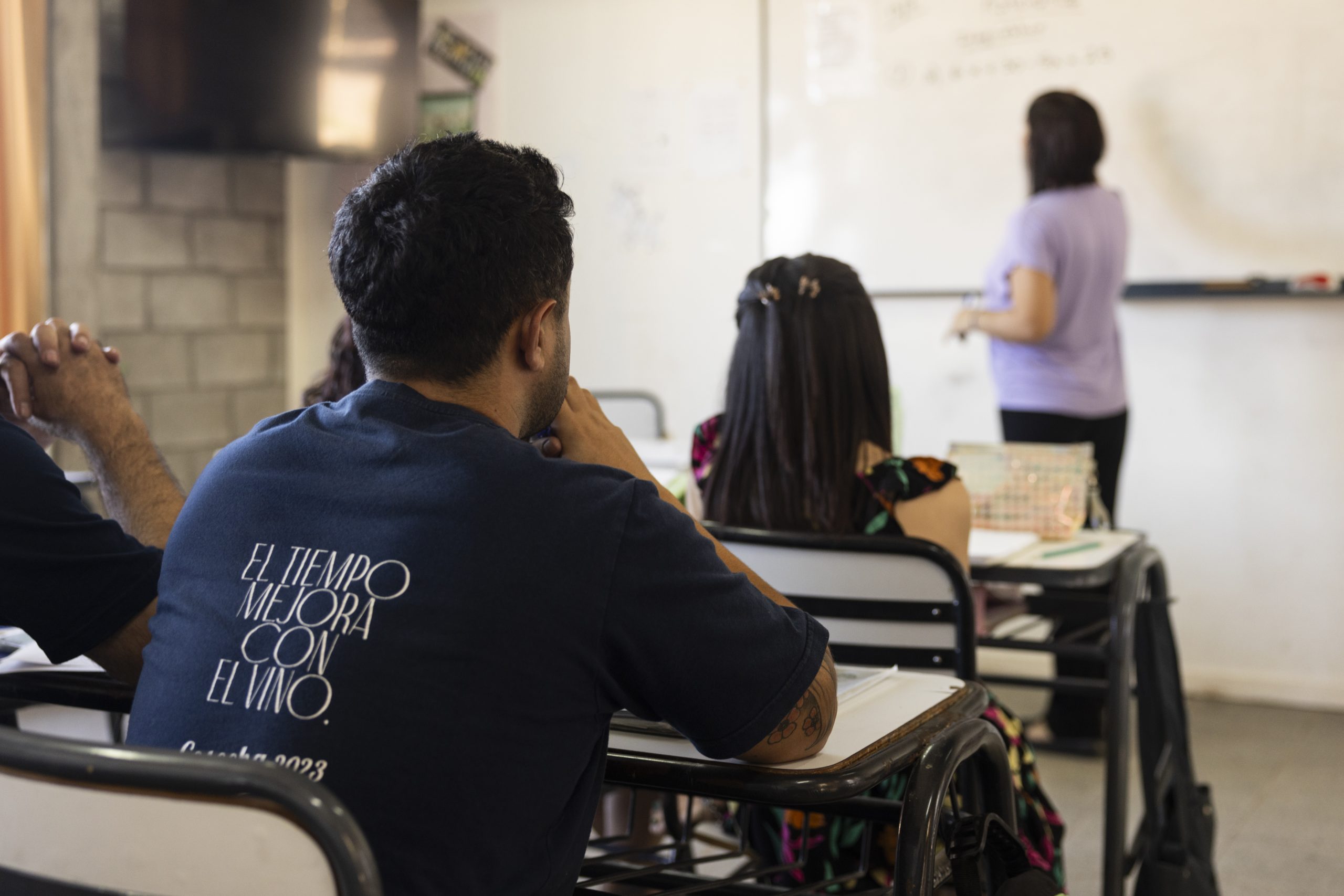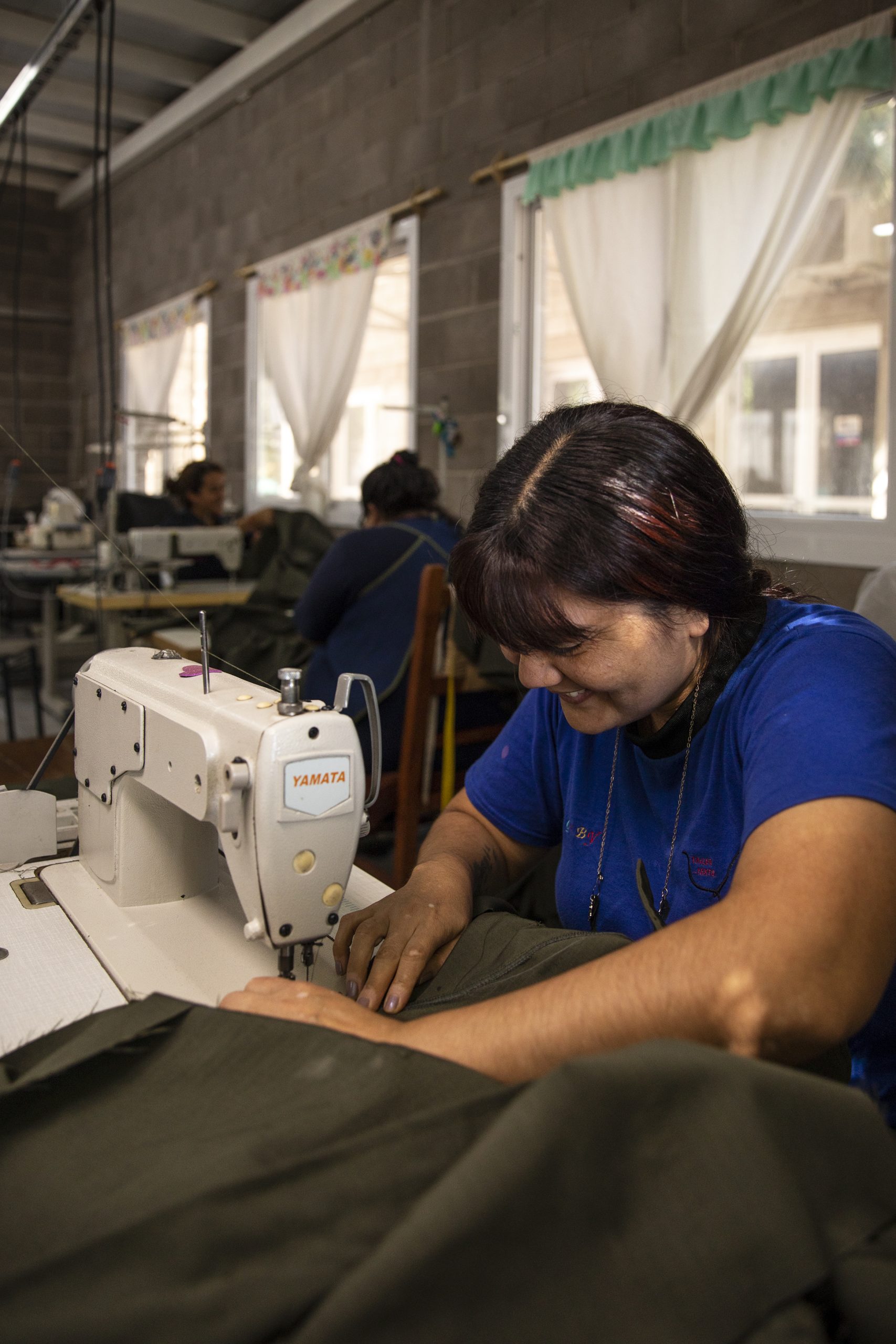Santa Julia achieves Sustainable Argentina certification. Created by Corporación Vitivinícola Argentina in 2023, this certification covers multiple aspects and impacts related to sustainability, both environmental, social, cultural, ethical and business integrity.
The “Sustainable Argentina” seal arose after COVIAR defined sustainability as one of the pillars of development of the wine industry in its projection to 2030. In pursuit of this, and together with the Universidad Nacional de Cuyo, it developed a new management tool to support the entire production chain in the incorporation and development of economic, environmental and social sustainability of the entire winemaking activity.
Sustainability is one of the pillars of Bodega Santa Julia, as since its inception it has worked in harmony with the environment and serving the community. Our entire work philosophy is articulated under the motto “IT MATTER TO US”. That is why we have seen it as something natural to have achieved this certification, which aligns us with the central axes of the Strategic Wine Plan (PEVI) 2030, which promotes the development of a sustainable viticulture in the country”, says Julia Zuccardi, head of the Tourism and Hospitality area, and third generation of a family that considers social and productive commitment as part of its business philosophy.
Santa Julia has 400 hectares certified as organic vineyards, produces 10,000 tons of compost per year, and for more than 53 years has been committed to local development. In its Santa Rosa and Maipú estates, it has set up sewing workshops for workers’ wives, kindergartens for employees’ children and children from nearby towns, programs to complete secondary technical education, and cultural and sports centers open to the community.
Sustainable Argentina has the endorsement and recognition of the International Organisation of Vine and Wine (OIV), and is based on the five “General Principles of Sustainability” established by this entity in 2016, for the promotion and development of sustainable viticulture worldwide.
While it takes into account the technical, ethical and cultural conditions of winemaking activities in the Argentine context, with their social and environmental impacts, it is also based on different indicators, which are linked to the 2030 Agenda of the 17 Sustainable Development Goals of the United Nations.
It is characterized for being a tool:
– Flexible: it adapts to all types and sizes of organizations.
– Comprehensive: it incorporates protocols for self-assessment and certification of not only environmental, but also social, cultural and ethical aspects.
– Superior: it considers international standards related to each winemaking context of our country.



